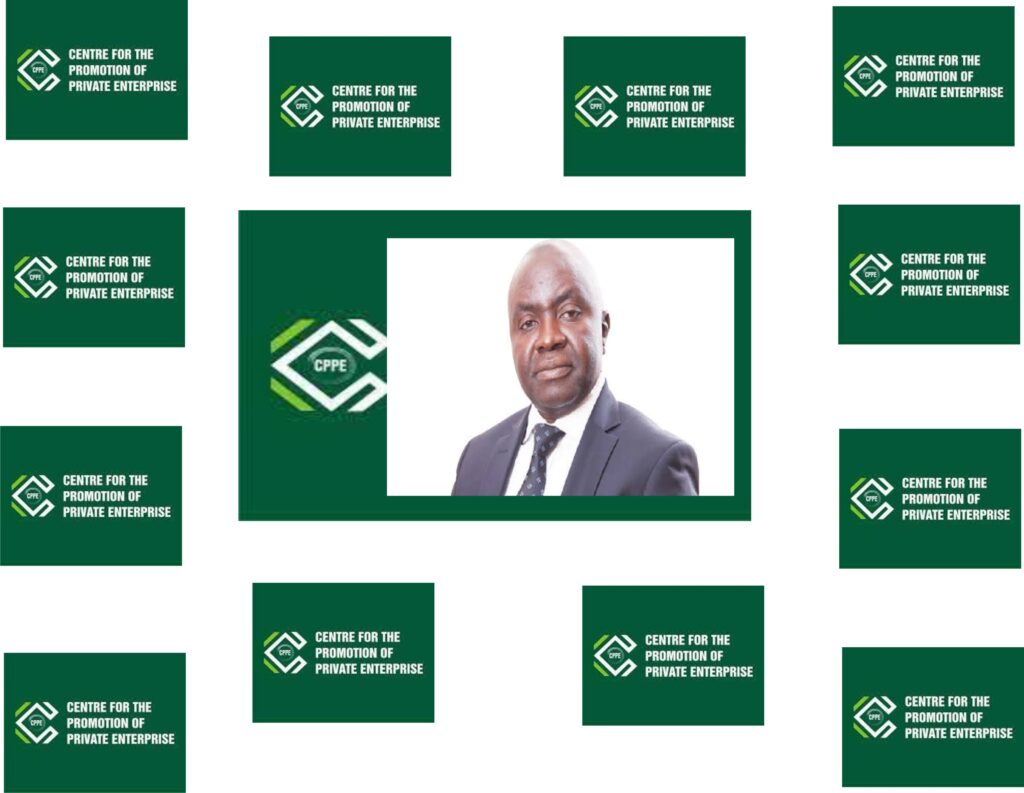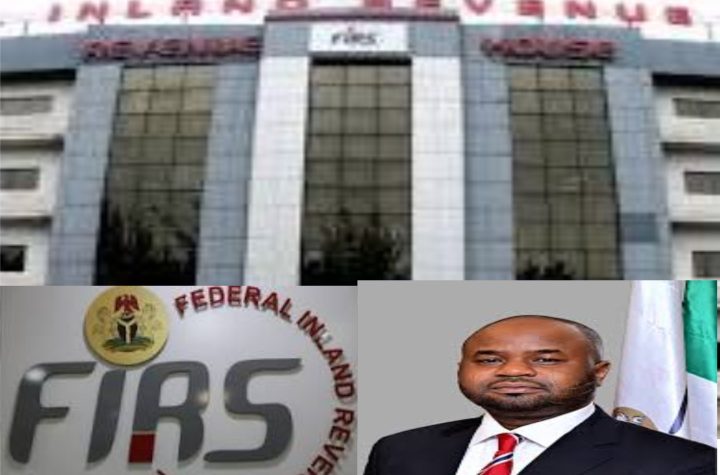
By allcitynews.ng
By Dr. Muda Yusuf
The Centre for the Promotion of Private Enterprise [CPPE] has expressed worry and concern over the comment by lawmakers over cement.
Speaking in Lagos, the leadership of CPPE reiterating his displeasure, he said notes with concern the recent remarks on the floor of the House of Representatives on cement price which portrayed cement manufacturers in very bad light.
Members alleged that the manufacturers were exploitative as they engaged in arbitrary fixing of cement price. Some members even described the manufacturers as unpatriotic. These were narratives on the floor of the house which we consider to be most unfair to investors in the cement sector, especially when the perspectives of the cement manufacturers had not been heard by the members of the house .
Most of the remarks at the session were capable of inciting the public against the cement manufacturers and putting their huge investments at risk. It is a dangerous thing to do, given the huge stake they have in the Nigerian economy and their enormous contributions to the economy.
We plead with the leadership of the house to ensure moderation in the use of language to avoid adverse consequences for investors in the economy, going forward.
It is even more troubling that the members have not listened to the manufacturers before rushing to judgment and castigating the manufacturers.
Cement manufacturers were disparaged, denigrated and portrayed as deliberately inflicting pains on the Nigerians by arbitrarily increasing the price of cement. This is most unfair in our humble opinion. Such weighty allegations should be premised on painstaking study, empirical facts and evidence. The dimensions of the pricing dynamics need to be properly understood.
For an economy seeking to industrialize, attract investors and create jobs, such commentaries represent negative signaling. Principles of fairness demands that the cement manufacturers should be given an opportunity to tell their own story before members could come to fair conclusion and judgement. But regrettably, they have been judged publicly, before giving them the opportunity to present their own side of the story.
We believe this is a breach of the norms and standards of fairness and equity.
It is even more painful because the major players in the sector are indigenous companies making giant strides amidst a very difficult operating environment including the multitudes of macroeconomic and structural headwinds. They have created hundreds of thousands of jobs [directly and indirectly], and paid billions of naira in taxes. This is coupled with numerous corporate social responsibility initiatives to which they have committed billions of naira. These are facts that we should appreciate.
The business of manufacturing is perhaps the most challenging enterprise in the contemporary Nigerian economy. Many foreign firms in that space have either exited the country or downsized their operations.
We appeal to the national assembly to always extend due courtesies to investors in the economy in the course of their legislative duties. The private sector plays a very critical role in the economy. They account for over 80% of the country’s GDP, about 90% of the employment and over 70% of the government revenue. They deserve to be addressed with respect, courtesy, civility and fairness. This is without prejudice to the imperative of compliance with extant laws and regulations as well as responsible corporate citizenship by the investors.
Cement production is highly energy intensive with gas being the major energy source. Gas is priced in dollars for manufacturers in the country, and they sell their products in naira. This is a major predicament for domestic manufacturers. The implication of that for production cost is better imagined, especially in the light of the plunge in the value of the naira.
The logistics cost of cement distribution is humongous, given the escalating cost of diesel and the state of the roads. Exchange rate depreciation is taking a huge toll on the cost of imported components of production inputs, including spare parts and machineries. Cost of fund is mounting as the CBN continues its aggressive monetary policy tightening.
Latest headline inflation for February was 31.7%. All these are variables which are not within the control of the manufacturers and which have profound impact on production and operating cost.
It is important to stress that matters of this nature requires painstaking and thorough investigation to determine the pricing dynamics and the ramifications of the factors driving prices. This is critical to avoid hasty and emotional conclusions.
Admittedly, the risk of profiteering increases with monopoly powers in any economy and in any sector. This risk exists in the Nigeria cement industry as there are few dominant players. But this is a regulatory issue that could be addressed within the framework of the Federal Protection and Competition Act of 2018.
The Federal Competition and Consumer Protection Commission [FCCPC] has a responsibility to ensure compliance with the Act to ensure the protection of the interests of the consumers and the public. If there are proven lapses in this respect, the FCCPC should be held to account.
Meanwhile, the current ex-factory price of cement by the major players is less than N7,000 per bag. It follows that pricing issues and the culprits could also be within the cement distribution chain over which the manufacturers have limited control.
Dr Muda Yusuf is the Chief Executive Officer, Centre for the Promotion of Private Enterprise {CPPE}










More Stories
FIRS to sets to host National Conference on Illicit Financial flows to boost revenue protection
Access Bank installed 974 solar-powered ATMs, Highlights Leadership at Climate Governance Initiative Launch in LBS, Lagos, Nigeria
Oriental News Nigeria, sets for 4th Summit, as former Minister, Prof. Bart Nnaji expresses his willingness to Chair the 2025 Summit